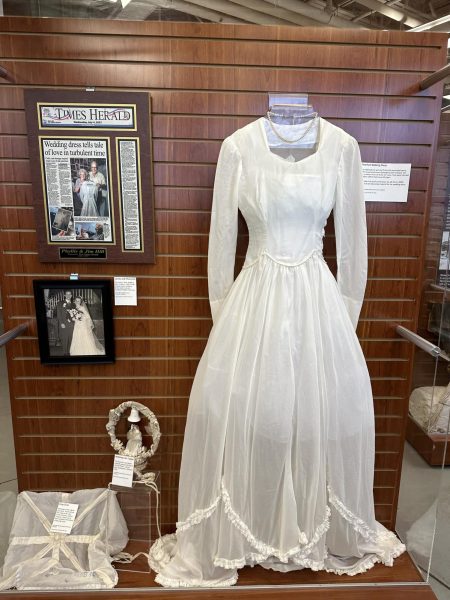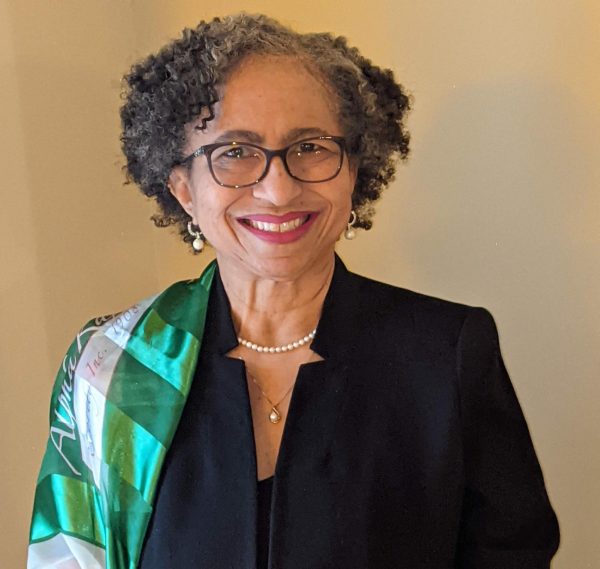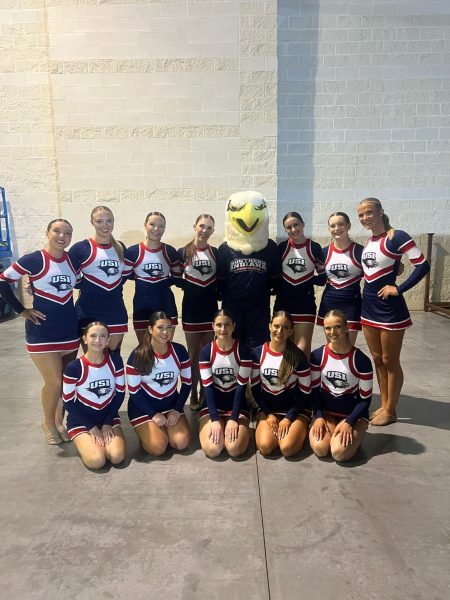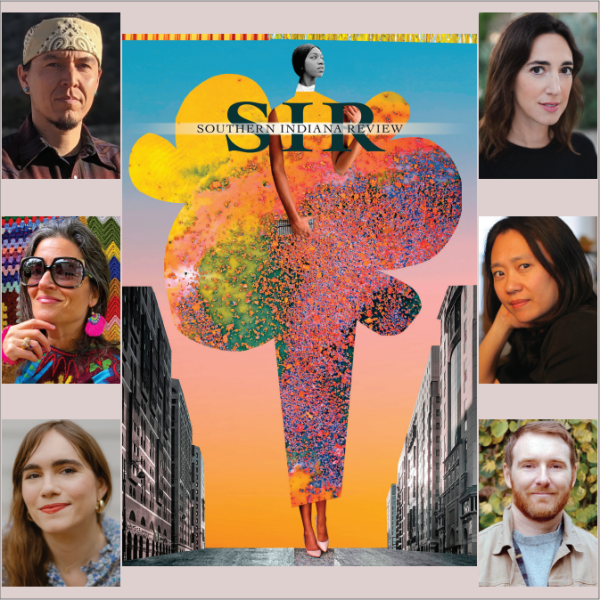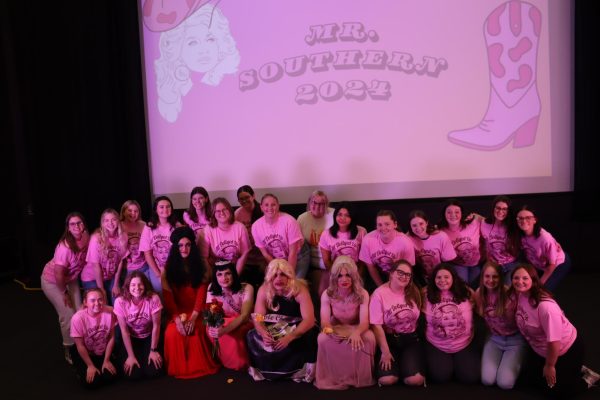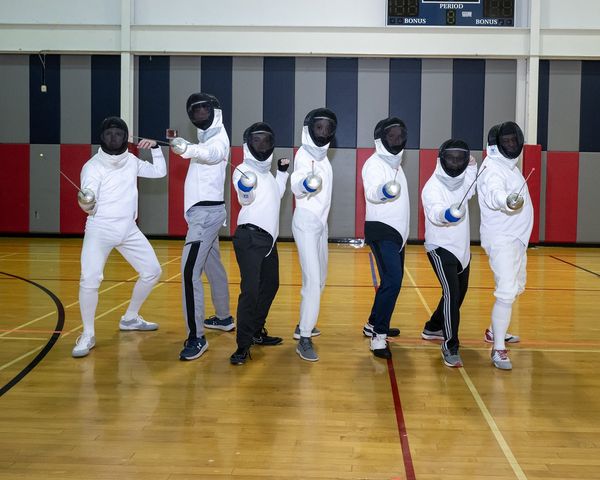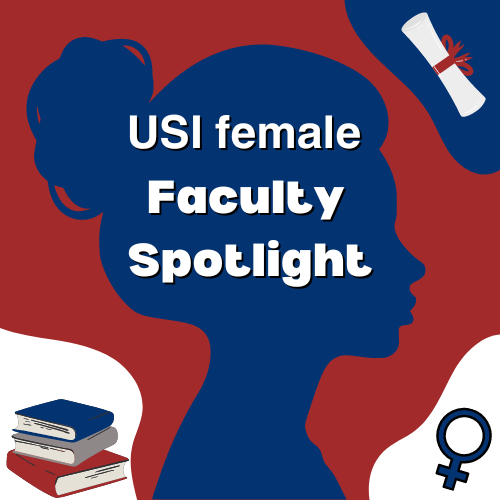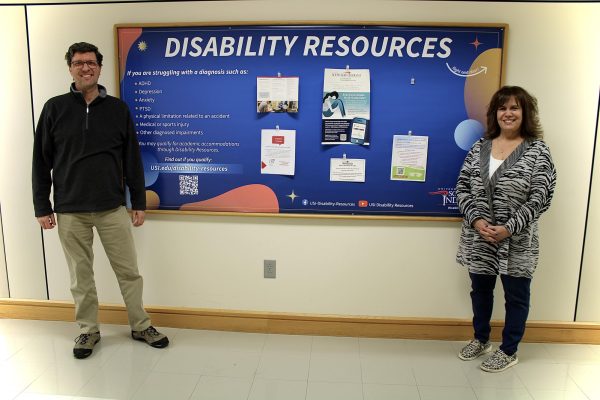Mandela events, speaker to address white privilege
Melinda Roberts said speaking out about religious freedom will have a ripple effect on the university.
“At the end of the day, you don’t feel privilege,” Roberts said. “But you always feel discrimination.”
The gender studies interim director worked with her department to donate money to bring anti-racist writer and educator Tim Wise to the university. Where he will give his presentation “Resurrecting Apartheid, from Ferguson to the Voting Booth to the Border – Combating Racism in the Post-Obama Era,” for Nelson Mandela Commemoration Day Feb. 11.
Wise has written seven books including “White Like Me: Reflections on Race from a Privileged Son, Racism and Denial in the Age of Obama” and his most recent release “Under the Affluence: Shaming the Poor, Praising the Rich and Sacrificing the Future of America.”
“I think it’s very important to debunk things about race, criminality and those kinds of things,” Roberts said. “I think it sparks conversation.”
She said the event will provide people with an honest conversation about what’s going on instead of what they are hearing on social media.
“Sometimes, in terms of our experience, we tend to compare ourselves to others with gender, race and sexuality,” Roberts said. “…I think this will be an important point where people can get together and experience other people.”
‘Colorblind racism’
Denise Lynn, an associate professor of history, said Wise will pinpoint “colorblind racism.”
“I hope students enjoy it,” Lynn said. “I think he is very eye-opening and interesting… I hope students will walk away from this thinking about things more deeply.”
Lynn had the idea to bring Wise to the university after she heard him speak about Human Relations less than a year ago.
“When (Wise) talked before, he said when people talk about racism, they get uncomfortable,” she said. “He (talks) in a way that’s not accusatory and allows people to not be defensive and for them to think more clearly about racism.”
Wise discusses how white people tend to ignore racism problems because it doesn’t affect them personally, Lynn said, even though it actually affects society as a whole.
“I have a lot of hope for the (event),” Lynn said. “I think it sparks a conversation about race in American culture.”
Sakina Hughes said Wise doesn’t just talk for people of color and talks about how racism has changed over the years.
“There is still white advantage that persists,” Hughes, assistant professor of history said. “If we don’t confront this system of white privilege or white advantage, we won’t be able to confront racism.”
Hughes said when she was in college, Wise visited her school to talk and hold a breakout session where students had the opportunity to have coffee with him.
“That really impacted me,” Hughes said. “It was really powerful, I’m trying to do that for USI students so they can reap the benefits of this really powerful speaker.”
Mandela’s impact
Hughes said she hopes the event commemorating Nelson Mandela, who was the president of South Africa and champion of human and civil rights, will encourage people to make a change.
The university will be showing the documentary “White Like Me” at 2 p.m. Feb.11, narrated by Wise on white privilege in the Obama era. There will be an African Art Exhibit with appetizers featuring Joseph Uduehi and Gabriel King Neville at 5 p.m and then Tim WIse’s Keynote address at 6 p.m. to honor Mandela.
“I believe there is no point commemorating a person who dedicated his life to human rights if we don’t take lesson from his struggle,” Hughes said, “and apply those lessons to the struggles of inequality and social justice of today.”
Hughes said it’s important to remember that before Mandela went to prison a lot of the protesting he did looks like protesters today.
“We see those struggles in the news everyday,” Hughes said. “We hope this talk and the series of talks will compel people to stop being bystanders and learn what they can do to help civil rights and civil rights struggles and take action.”
Uduehi, associate professor of art education, said the exhibit will feature his own work as well as artifacts from Ghana provided by Provost Ron Rochon for educational purposes.
“My artwork is my interpretation of what I want to express of what is going on in the society,” Uduehi said.
His artwork focuses on human heads, he said it represents the head of the house, head of government, head school and the head on the body.
In African art, the head is where everything starts from, Uduehi said.
“Your mind starts from the head,” Uduehi said. “The brain is connected to everything. If you lose your brain, everything else goes.”
The exhibit will showcase 2D and 3D art. Most of the 2D art is made out of pastels, acrylics and batik – a method of producing colored designs on textiles by dyeing them, having first applied wax.
“My favorite is acrylic,” Uduehi said. “That’s what a lot of my works are.”
Uduehi said he wants everyone to come out and experience some African art and ask questions.
Hughes said she is excited for the event and hopes it will compel people to take a stand.
“As people listen to the speaker they will think about the social ills in Evansville,” Hughes said, “and in our nation that Mandela would stand up and fight for.”

